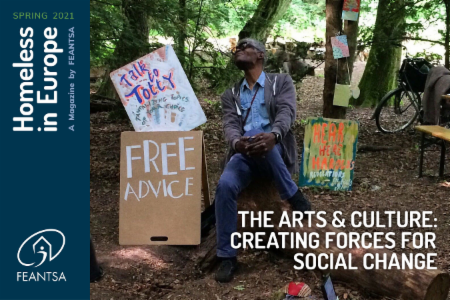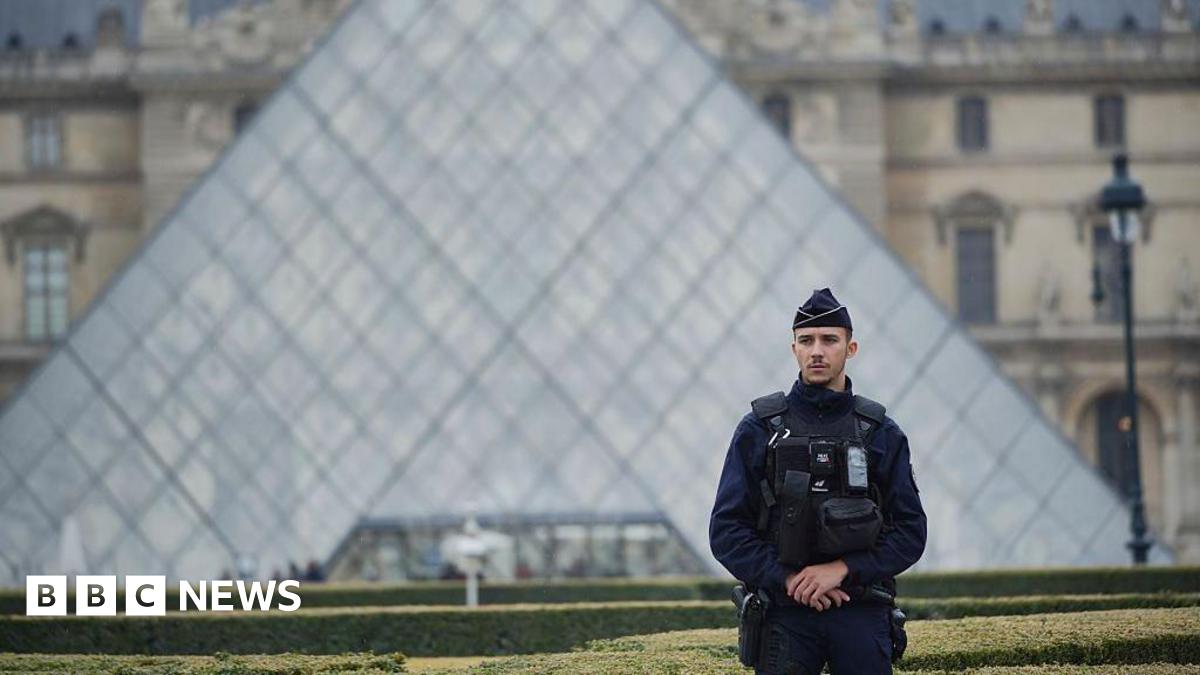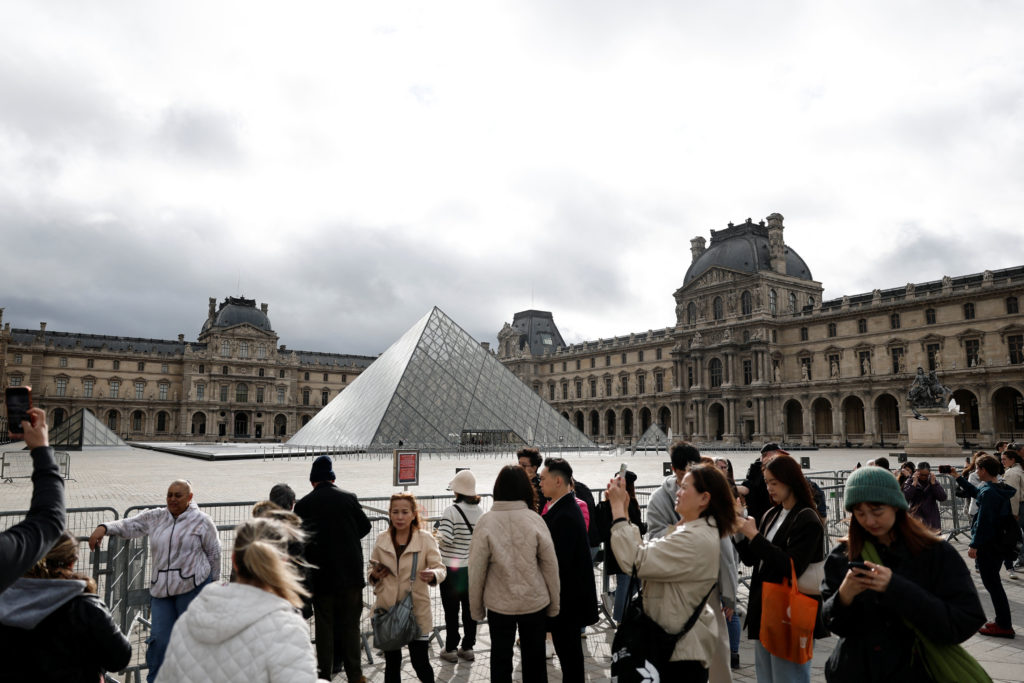After 6 years (!) of investigation, a landmark legal action has been filed before the International Criminal Court.
Yesterday, ICC Counsels Dr. Omer Shatz (front-LEX) and Dr. Juan Branco have submitted a 700-page legal brief to the International Criminal Court, exposing the involvement of 122 European Union and Member State officials in crimes against humanity committed against migrants on the Central Mediterranean route (2014–2020).
Between 2015 and 2025, more than
25,000 civilians were killed by drowning on the Central Mediterranean route. Around
150,000 survivors were abducted,
forcibly transferred to Libya, and subjected to imprisonment, torture, rape, and enslavement in detention facilities described by a German diplomat in a confidential cable to Chancellor Angela Merkel as
“concentration camps”.
In
2017, the ICC Prosecutor reported to the UN Security Council (UNSC) that “serious and widespread”
Crimes Against Humanity – including killings, rape, and torture – were being committed against “
thousands of vulnerable migrants, including women and children.” The Prosecutor indicated that the Office was considering “opening an investigation into migrant-related crimes,” stressing: “We must act.” Since 2017, every year the ICC Prosecutor reports to the United Nations Security Council (UNSC) on
ongoing crimes against migrants.
In
2019, ICC Counsels
Dr. Omer Shatz and
Dr. Juan Branco submitted a Communication under
Article 15 of the Rome Statute to the Prosecutor. The
245-page case provided substantial evidence demonstrating that widespread, systematic, and
ongoing crimes against ‘migrants’ were being committed pursuant to EU policies on the Central Mediterranean route, whose objective was to prevent asylum seekers from reaching European shores
at all costs.
The First Communication legally substantiated
two deterrence-based policies pursuant to which the crimes were committed. The first was a
policy of mass killings by drowning, marked by the termination of Operation Mare Nostrum and its replacement with Frontex’s Operation Triton in 2014, constituting the crime against humanity of murder. Civil society organizations sought to fill the lethal gap internationally created by the EU. In response, the EU adopted a
second policy of mass
refoulement by proxy, marked by the conclusion of the Italian-Libyan Memorandum of Understanding and the EU’s Malta Declaration in 2017, which led to the reconstruction and contracting of the so-called
“Libyan Coast Guard.” Pursuant to this second policy, the Crimes Against Humanity of deportation, enforced disappearance, murder, torture, rape, enslavement, imprisonment, and other inhumane acts were directed against the targeted civilian population.
In
2020, the Prosecutor confirmed to the European Parliament that the case is under review, and later that year notified the undersigned of her decision to admit the case as part of the Situation in Libya. The admission of the case, a rare occurrence, reflects that the Office of the Prosecutor considered to have jurisdiction and that there was a reasonable basis to believe the alleged crimes were committed.
In
2023, a UN Fact-Finding Mission (FFM) mandated by the UN Human Rights Council (HRC) determined that
EU and Member State officials are participating in crimes against humanity against migrants on the Central Mediterranean route, corroborating the allegations in the present case.
A year before, in
2022, the Prosecutor had joined a “Task Force” mandated to investigate crimes against humanity against ‘migrants’. Yet the members of the Prosecutor’s “Task Force” include the EU and Italy, namely the alleged co-perpetrators in the case submitted to the Prosecutor.
In
2025, the ICC issued its
first arrest warrant against a person suspected of committing crimes against humanity against ‘migrants’: a Libyan national known as ‘Al-Masri’. AL-Masri was arrested in Italy, but instead of surrendering him to The Hague, however, the Italian government – a member of the Prosecutor’s Task Force whose leaders are key suspects in this case – smuggled him back to Libya on a government plane, where he remains at large.
The undersigned submitted a Communication to the Office of the Prosecutor in the
Al-Masri case, alleging that several Italian Ministers committed offenses against the administration of justice and requesting their prosecution pursuant to Article 70 of the Rome Statute. In Italy, the Tribunal of Ministers has already corroborated these allegations, decided to prosecute some of the implicated officials, and requested the lifting of their immunities. But the ICC Prosecutor remains idle.
The ICC investigation in Libya was launched in 2011. It has not led to any trial so far. According to the ICC Prosecutor, crimes against ‘migrants’ under his jurisdiction are still
ongoing. According to the ICC Prosecutor, the perpetrators are
at large. Yet the ICC Prosecutor reported the UN Security Council of his intention to close the investigations into the Situation in Libya by
2026.














